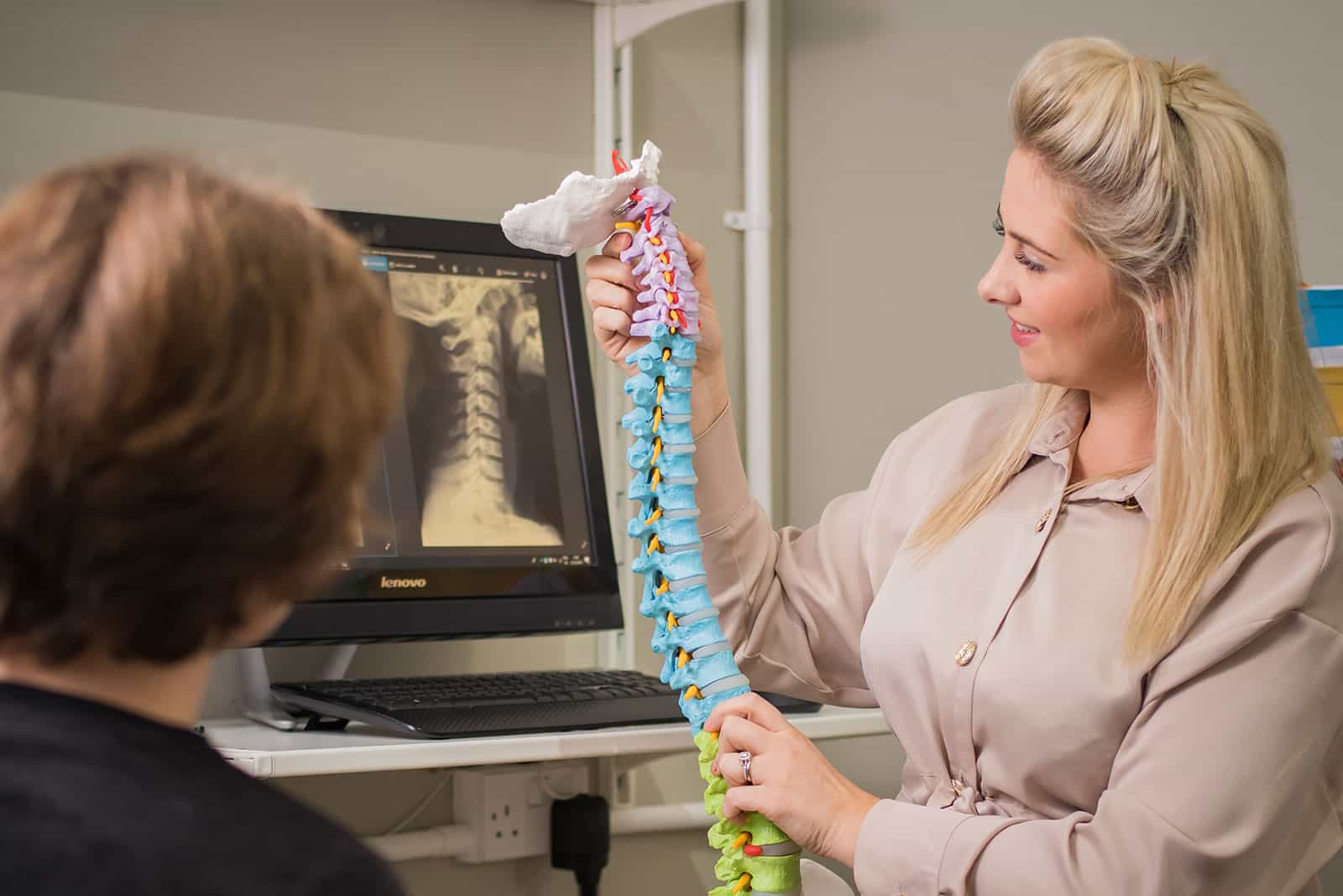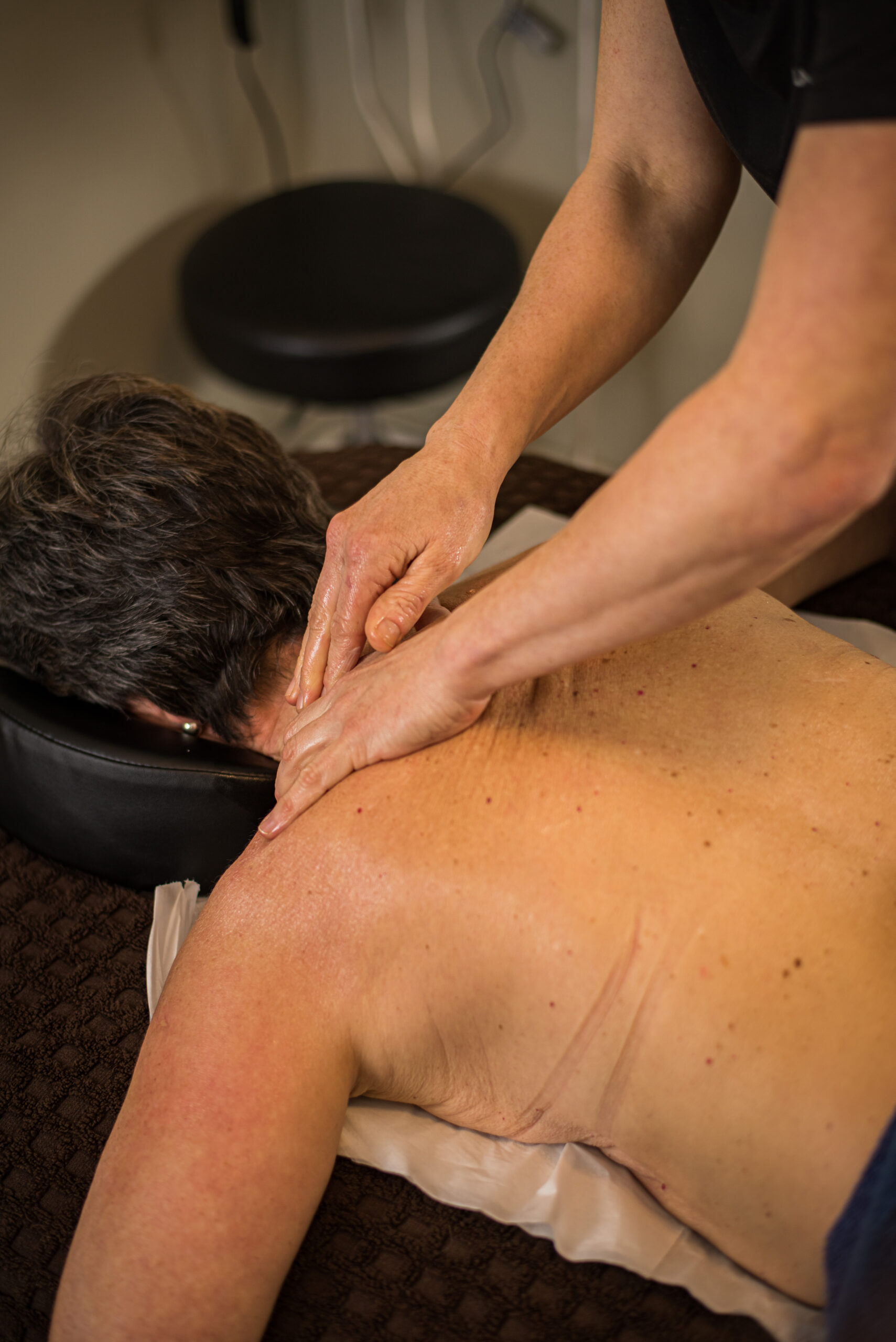Bulging and
Herniated
Disc Pain

The good news is, in the majority of cases, chiropractic can provide great relief by significantly helping to reduce pain and inflammation caused by disc herniations. This enables the body to heal efficiently and coupled with the support and advice given, can help prevent reoccurrence.
The discs between the vertebrae of the spine, cushion and act as shock absorbers against gravitational forces. When we sit, run, jump, bend, lift objects or even cough, sneeze or laugh, the discs absorb these stresses so that joints and nerves are not impacted. If you think of the amount of times a day we carry out these sorts of movements, a whole new appreciation for how much pressure discs have to withstand can be acknowledged. This is especially so when considering that they are made up of around 70% water, where strong fibres surround and contain a fluid centre.


A disc herniation often happens when there has been a build up of load over weeks, months or years. This can be caused by poor repetitive movement patterns, such as (incorrectly) bending from the back or from lifting without engaging core muscles. The central gel like substance of a disc, eventually bursts and breaks through the surrounding fibres, causing it to become inflamed. The disc will then go through various professional stages of injury, which may result in further symptoms such as shooting pains, numbness or muscle weakness. In clinic, a high proportion of treatments carried out are for those with disc pain. Our chiropractors are confident in their management of disc herniations which aims to offload pressure on the affected disc and to calm subsequent muscle spasm; it also works to address dysfunctional areas elsewhere that may be contributing to the problem.